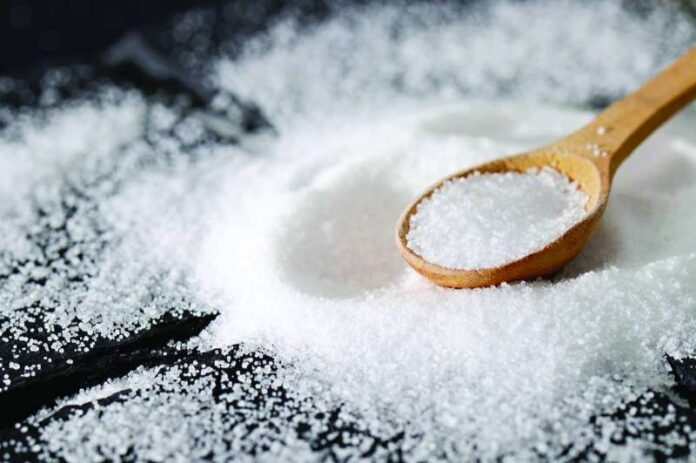Do you know that adding salt to food on a regular basis may increase your risk of developing type 2 diabetes? This is what the latest studies have revealed, according to what was reported by the British newspaper “The Independent”.
Data from more than 400,000 adults in the UK shows that those with the highest salt intake have a 39 percent higher risk of developing type 2 diabetes than those who rarely use salt.
Lead author of the study, Professor Lu Qi, from the School of Public Health and Tropical Medicine at Tulane University in the US, said: “We already know that limiting salt can reduce the risk of cardiovascular disease and high blood pressure, but this study shows “For the first time, eliminating salt from the table can help prevent type 2 diabetes as well.”
Health authorities recommend that adults do not eat more than 6g (about a teaspoon) of salt daily, according to Al Arabiya.net.
The team said more research is needed to understand why eating large amounts of salt is linked to an increased risk of diabetes, but Professor Chi believes adding salt to food may encourage people to eat larger amounts, which increases the risk of diseases such as obesity. And infections.
He added, “As we showed in the research paper, the increased risk of type 2 diabetes is due in part to the increase in body fat associated with adding salt to foods. “Previous studies have also shown that salt intake is associated with abnormal blood pressure and inflammation, and this may also contribute to a higher risk of diabetes.”
Therefore, researchers advise adding different herbs and spices to enhance the flavors in food instead of adding more salt.

















